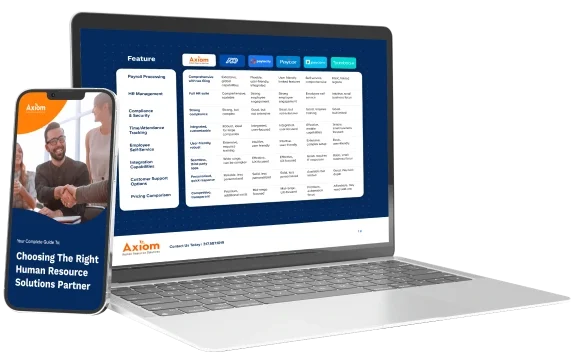For California employers, January 2018 brings with it two new state mandates that you should begin planning for. One new mandate limits information that employers may request about applicant salary history. The other extends California’s existing parental leave protection to employees of smaller companies. Both mandates take effect on January 1, 2018.
Prohibition Against Seeking Applicant Salary Information
California Assembly Bill 168 amends the California Equal Pay Act. The new mandate prohibits employers from relying on the salary history of a job applicant in determining whether to make an offer or what salary to pay. Employers may not seek salary history information about job applicants. They must also, upon reasonable request, provide the pay scale for a position to a job applicant.
Job applicants may voluntarily, and without prompting, disclose their salary history. Employers may consider voluntarily disclosed salary history in determining salary.
California employers: Be sure to update your hiring processes and employment application materials to reflect this change. Train those who interview job applicants not to ask for salary history and to have pay scale information available on request. And consider having a form available to document voluntary and unsolicited disclosure of salary information.
Expansion of Job-Protected Parental Leave
California Senate Bill 63 expands job-protected parental leave for millions of California workers. While existing law provides 12 weeks of job-protected parental leave for employees of companies with 50 or more employees, the new California mandate expands 12-week, job-protected parental leave to those at companies who have between 20 and 49 employees within a 75-mile radius. The new law applies to both mothers and fathers.
Eligible employees are those with more than 12 months and at least 1,250 hours of service with the covered employer prior to the start of their leave. Employees may use any type of accrued paid time off, such as paid vacation and sick leave, to care for a new child within one year of the child’s birth, adoption, or foster-care placement. “Job-protected” means that the employer must guarantee return to work in the same or comparable position at the conclusion of the parental leave.
Employers must maintain and pay for continued coverage under an employee-sponsored health plan at the same level and under the same conditions as if the employee had continued to work during the course of the leave. However, if the employee does not return to work after the leave (and if the failure to return is not “due to the onset of a serious health condition or circumstance beyond the employee’s control”) employers are entitled to recover a portion of the premiums.
California employers: Before the law takes effect on January 1, those employing 20 to 49 employees should have legally-compliant policies and forms in place.
Have any questions about the new mandates or ensuring your company is compliant? Contact Axiom HRS with your California employment law questions, or for solutions to your other human resource needs.
